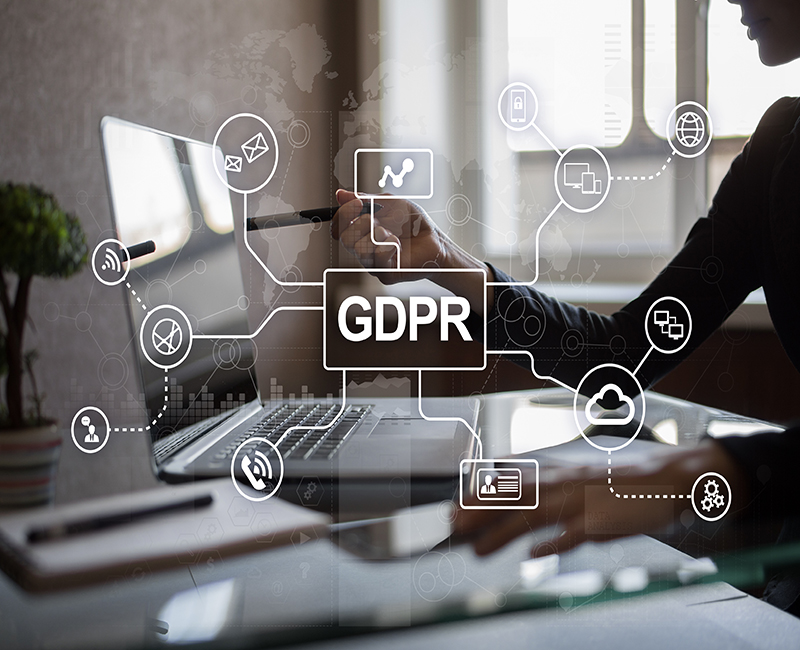GDPR is putting the individual back in control of their data so that only information they want and deem as relevant to them should enter their emails, be sent by text or land on their front door. That is certainly the case with B2C but is it any different when looking at B2B?
B2B regulations are a little more lax however this does not mean that organisations are able to store data and send out irrelevant information to other businesses just because they have their details on file. It’s important to note that any communications being sent from one company to another must contain information relevant to the recipient’s position. We break down the major differences when it comes to GDPR compliance in B2B and B2C.

There are many more stipulations to GDPR when it comes to B2C marketing as it also impacts internal processes. You may need to appoint a Data Protection Officer to manage and take responsibility for the organisation becoming and continuing to be compliant when gathering and using data and it’s imperative that GDPR is understood and acknowledged by the entire business as it impacts each department in a different way. Communication both internally and externally is crucial in order to succeed and become GDPR compliant. B2B isn’t as strict but it is best practice to lay some of the same laws down when capturing and cleansing data from businesses. It may not be against the law when it comes to B2B but it’s difficult to untarnish a brand reputation if you begin spamming individuals whose organisation or role has little to no relevance to your product/service. You can end up looking unprofessional, immature in terms of managing data and eventually becoming another bit of background noise that interferes with someone’s day to day work.

